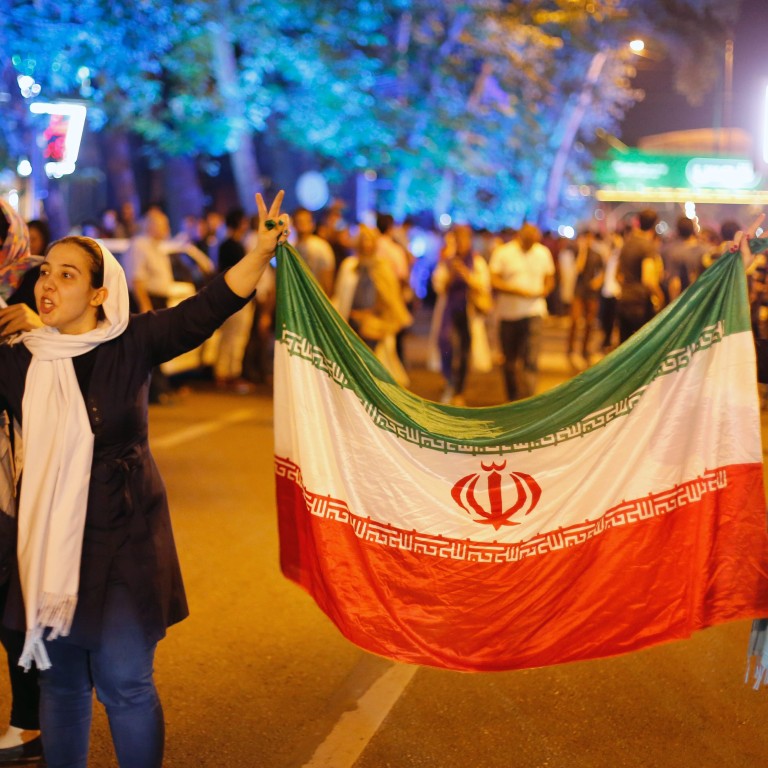
Nuclear deal with Iran worth backing, despite some concerns
Diplomacy, not threats and sabre-rattling, won through with a deal to limit Iran's ability to produce nuclear weapons.
Diplomacy, not threats and sabre-rattling, won through with a deal to limit Iran's ability to produce nuclear weapons. A decade of trying and 20 months of tough negotiations by the coalition of the US, Britain, France, Russia, China and Germany went into forging the agreement signed in Vienna on Tuesday. It is not perfect, nor are all nations happy with it - Israel is the most vocal detractor. Yet there has been no more significant pact reached in recent years, nor one that is likely to have a greater impact.
Iran has agreed that in return for the gradual lifting of international sanctions, it will allow foreign inspections of its nuclear facilities while reducing the ability to make material that could be used to produce bombs. Its leaders have always insisted that the programme is for electricity generation, but obstructive ways and lack of transparency raised suspicions. Veiled threats of missile strikes from the US, Iran's arch-enemy, had failed to persuade and talks dragged on. It took a phone call from US President Barack Obama to his Iranian counterpart, Hassan Rowhani, in September 2013 to bring about a breakthrough and its hand was forced by the collapse last year of the price of oil, Iran's only significant export.
The deal is not, as Obama said, that "every pathway to a nuclear weapon is cut off". More, it is about incentives and disincentives to dissuade Iran from taking such a step. Pledges to dramatically reduce its stockpile of low-enriched uranium and cut by two-thirds the number of centrifuges will delay to a year the time it would need to produce the fuel for a bomb. The pact does not eliminate the infrastructure, knowledge or skills.
That has not escaped Israel, Sunni Arab states and Republicans in the US Congress, who have to vote on the agreement. Israeli Prime Minister Benjamin Netanyahu denounced it as a "historic mistake", although that ignores the significant benefits for the Middle East and the world. The dropping of sanctions will allow Iran to prosper through trade, improving the lives of its 79 million people. Efforts to stop the advances of the extremist militants of Islamic State will be given a boost with Iran's supporting of coalition forces.
Implementing the pact will be as difficult as negotiating it. There are many complexities that can be obstructed. Israel and others have justified cause for concern. But it also cannot be denied that a victory that is worth preserving has been won and all involved should do their best to keep it from unravelling.

